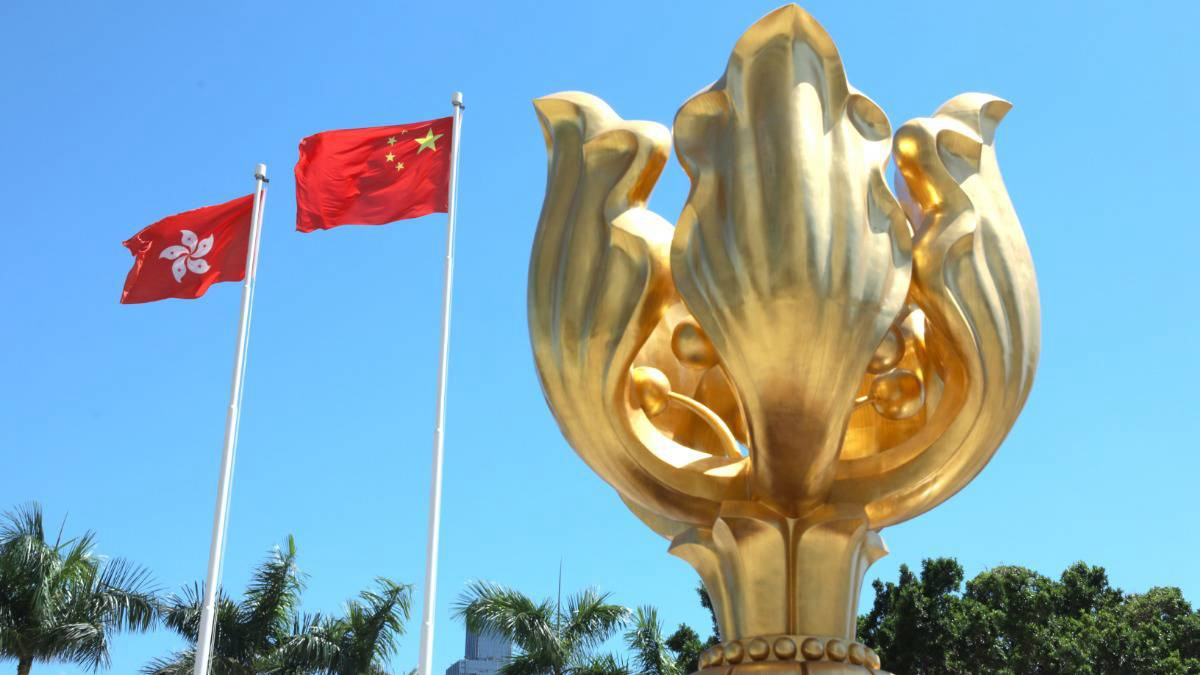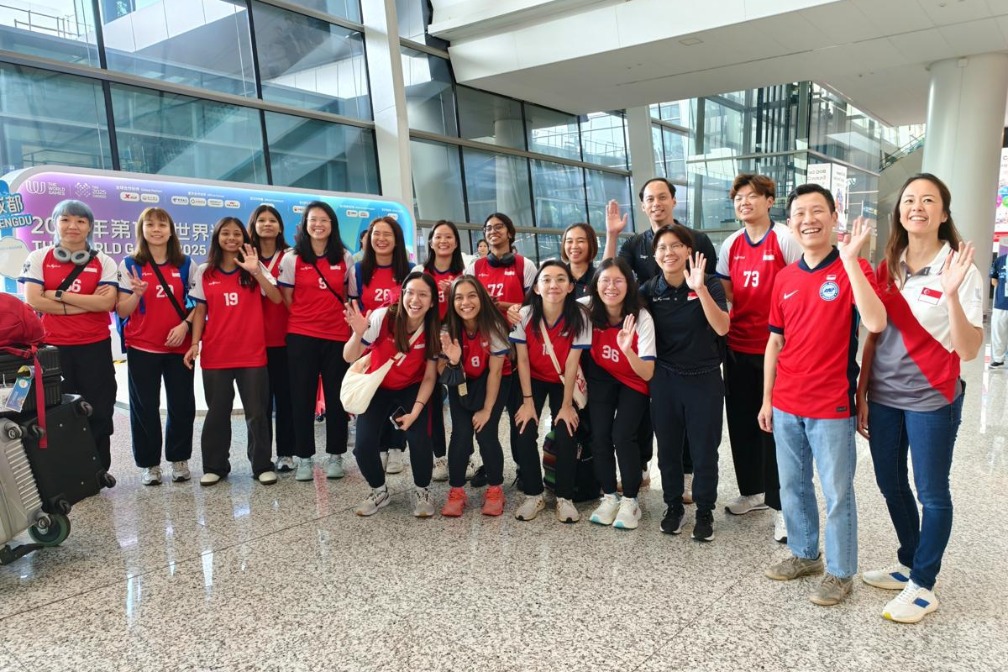'Judicial independence' just a red herring: China Daily editorial


Greeted with claims that it is "extremely unusual" and a move that will "jeopardize Hong Kong's judicial independence", the proposal in the draft national security legislation for the Hong Kong Special Administrative Region that the chief executive pick the judges to preside over trials of suspects accused of national security-related offenses from local courts and retired justices is in fact neither.
The truth, as stipulated by Article 88 of the Basic Law, is judges of the courts of the SAR are appointed by the chief executive on the recommendation of an independent body composed of local judges, other members of the legal profession and eminent persons from other sectors.
Chief Executive of the Hong Kong Special Administrative Region Carrie Lam Cheng Yuet-ngor confirmed on Tuesday when speaking to reporters that she would not be personally cherry-picking judges to preside over cases brought under the city's new security law, saying "the executive is not responsible for that".
She said that she would not hand-pick individuals to oversee particular proceedings, as some critics have claimed. Instead, she would draw up a list of judges to sit on the hearings after consulting the city's chief justice.
"When one day there is a national security case, the responsibility to assign which judge on that list to handle a case will still rest with the judiciary of Hong Kong."
Rather than weakening the "one country, two systems" under the framework of the Basic Law, the impending legislation reinforces it by safeguarding the "one country" through the Hong Kong legal system which is an integral part of the country's "two systems".
It is those who oppose the legislation who are behaving in a way that is extremely unusual by supporting acts that endanger national security and challenge Hong Kong's rule of law. The fact that some judges have been less than rigorous in applying the law to those found guilty of such acts, suggests judicial independence may have already been compromised in some cases.
The planned legislation will safeguard human rights and freedom of press and speech in the SAR and also better guarantee judicial independence, as it ensures that judges can strictly do their jobs according to law in cases related to national security.
The planned legislation will be the law, and it will be the duty of the judges, whoever they may be, to apply the law in the cases they preside over.


































